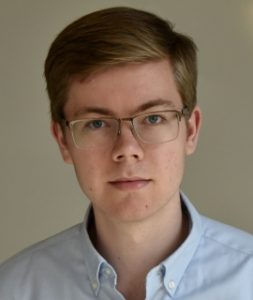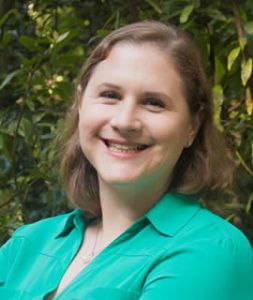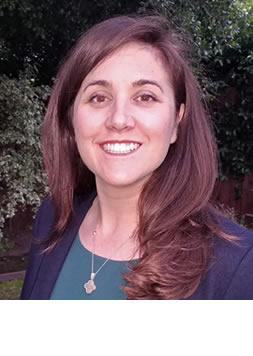We are pleased to announce three new assistant professors will join the department, two during the summer of 2019, and one in 2020. Our faculty, staff and students look forward to working with them as they bring their knowledge and curiosity in the areas of synthetic biology, machine learning, and electrochemical biotechnology and sensing.
 Connor W. Coley
Connor W. Coley
Research interests: Molecular discovery, machine learning, organic synthesis
Connor is already very familiar with the department, as he is graduate student in the labs of MIT professors Bill Green and Klavs Jensen. His future research will work toward a new paradigm of computational assistance for molecular discovery through an interdisciplinary approach combining chemistry, chemical engineering, and computer science in close partnership with experts in application domains such as chemical biology and human health. He’s been named a DARPA Riser, one of C&EN’s Talented 12, and one of Forbes 30 under 30: Healthcare.
Connor will join us in August of 2020.
 Ariel L. Furst
Ariel L. Furst
Research interests: Diagnostic devices, Biotechnology
Ariel was born and raised in St. Louis, MO. She received her BS in Chemistry from University of Chicago, during which time she worked with Shelley Minteer at Saint Louis University and Stephen B. H. Kent. She completed her PhD in the lab of Jacqueline Barton at the California Institute of Technology and is currently an Arnold O. Beckman Postdoctoral Research at the University of California, Berkeley in the lab of Matthew Francis.
Ariel will join us in August of 2019. [Faculty Profile]
 Kate E. Galloway
Kate E. Galloway
Research interests: Molecular systems biology, synthetic biology, stem cell engineering, regenerative medicine, epigenetics
Kate has engineered systems for dynamic behaviors across multiple scales, from the molecular design of noncoding RNA devices to optimization of large transcriptional networks. Her graduate work in the Christina Smolke lab at Caltech, constructing synthetic gene circuits to regulate cellular decision-making, was published as a first author research article in Science. As a postdoc, Kate examined the molecular processes that direct cell fate during cellular reprogramming in the laboratory of Dr. Justin Ichida, Assistant Professor in the Department of Regenerative Medicine at USC. Her lab at MIT will focus on developing integrated gene circuits and elucidating the systems-level principles that govern complex cellular behaviors. The ultimate goal of her research is to leverage synthetic biology to transform how we understand cellular transitions and engineer cellular therapies.
Kate will join us in July of 2019. [Faculty Profile]

